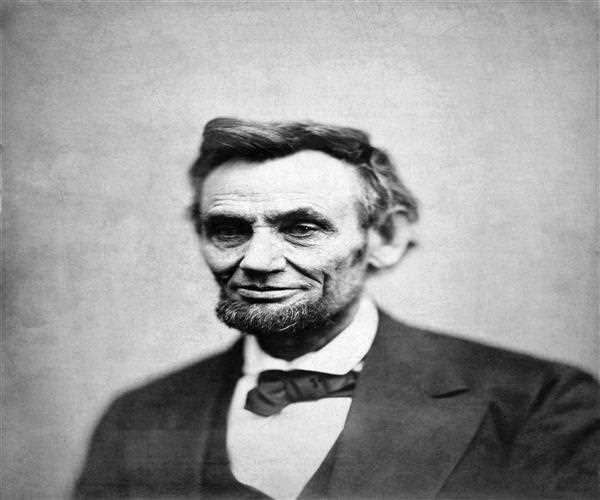On April 15, 1865, President Abraham Lincoln kicked the bucket from his professional killer's injuries. In any case, if John Wilkes Booth's plot were completely fruitful, a little-known congressperson may have been pushed into the White House.

Stall's full plot included murdering Lincoln, Vice President Andrew Johnson, and Secretary of State William Seward. General Ulysses Grant was another conceivable target. In any case, just two assaults occurred on April 14, 1865, with Seward surviving a death endeavor and Lincoln experiencing Booth's single shot.
On the off chance that Johnson had kicked the bucket, an acting president would be selected until the point when an extraordinary race could be held to choose another president (and not a VP).
The acting president would have been the president ace Tempore of the Senate, Lafayette Sabine Foster of Connecticut.
The Presidential Succession Act of 1792 controlled how the president was supplanted on the off chance that he kicked the bucket in office, quit, or was not able to play out his obligations.
The demonstration was changed in 1886 and 1947 to manage distinctive situations. The twentieth Amendment tended to what happens if a president-elect can't take office, and the 25th Amendment cleared up the progression of another VP and what happens when a president is briefly unfit to play out his or her obligations.
In 1865, Booth had persuaded George Atzerodt, a colleague, to slaughter Johnson by setting a trap at the Kirkwood House lodging where the VP lived. Be that as it may, Atzerodt lost his nerve and didn't endeavor to murder the VP, despite the fact that he had a leased room over Johnson's and a stacked firearm was found in the room.
The individual accused of the official notice of the states to begin the unique race process was the secretary of state. Fortunately, William Seward survived an assault by professional killer Lewis Powell.
In the event that Seward had passed on, that power may have degenerated on the colleague secretary of state, who could play out the obligations as an acting secretary of state until the point when another president named a substitution who was affirmed by the Senate.
The associate secretary of state on April 15, 1865, was Frederick W. Seward, the child of William Seward. Frederick Seward was additionally genuinely harmed safeguarding his dad amid Powell's death endeavor.
From what we think about Lafayette Sabine Foster, he was a moderate Republican who was named as the president ace Tempore of the Senate about multi-month before Lincoln's demise. Encourage just stayed in the Senate for an additional two years, flopping in a re-decision endeavor. He was later a judge in his home state until his demise in 1880.
A New York Times article from 1875 reveals some more insight into Foster's loss of his Senate situate. The Republicans picked another chosen one at a gathering in 1866, and Foster flagged his consent to keep running as an opponent applicant upheld by Connecticut's Democrats. Encourage dropped out finally to acknowledge a judge's situation in the state.
The Times article said Foster stayed severe in regards to losing his Senate situate.
"He doesn't give off an impression of having ever recuperated from the mistake of his thrashing in 1866," the article expressed.
Also, what might have occurred in the extraordinary presidential race of November 1865? The Republican Party was at that point split between its Radical and Moderate wings.
The Democrats were additionally isolated and had been seriously beaten in the 1864 presidential crusade. Previous New York Governor Horatio Seymour, the possible 1868 candidate, was a key player in the gathering, as was George H. Pendleton, the 1864 bad habit presidential chosen one. General Winfield Scott Hancock had presidential aspirations in later years, and he had by and by regulating the executions in the Lincoln death case.